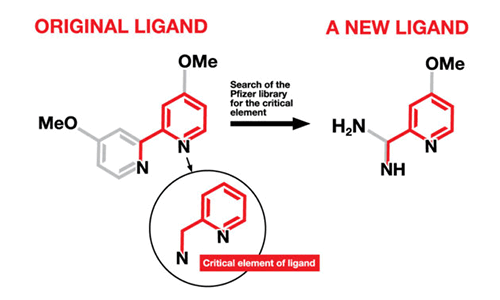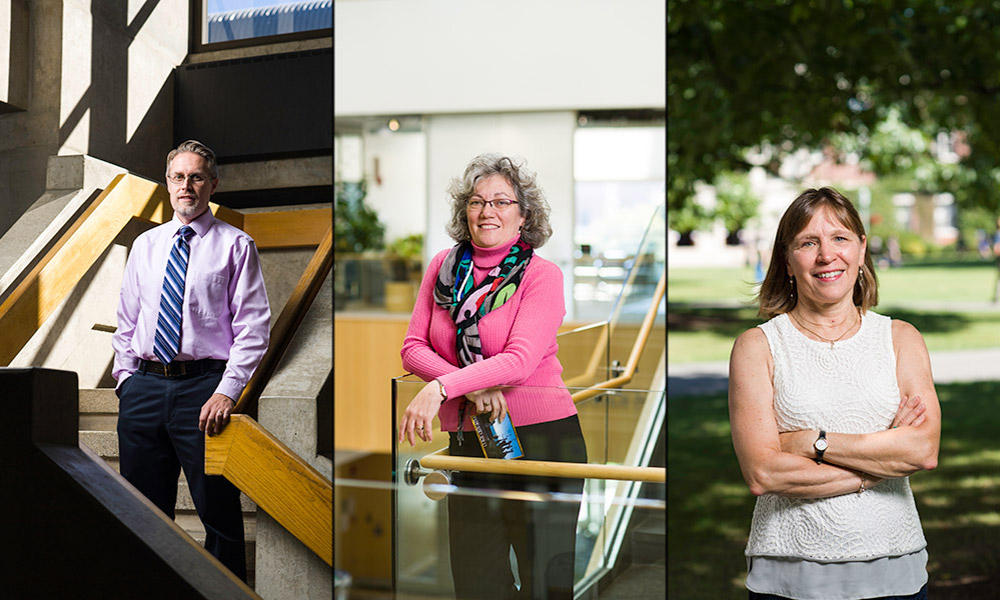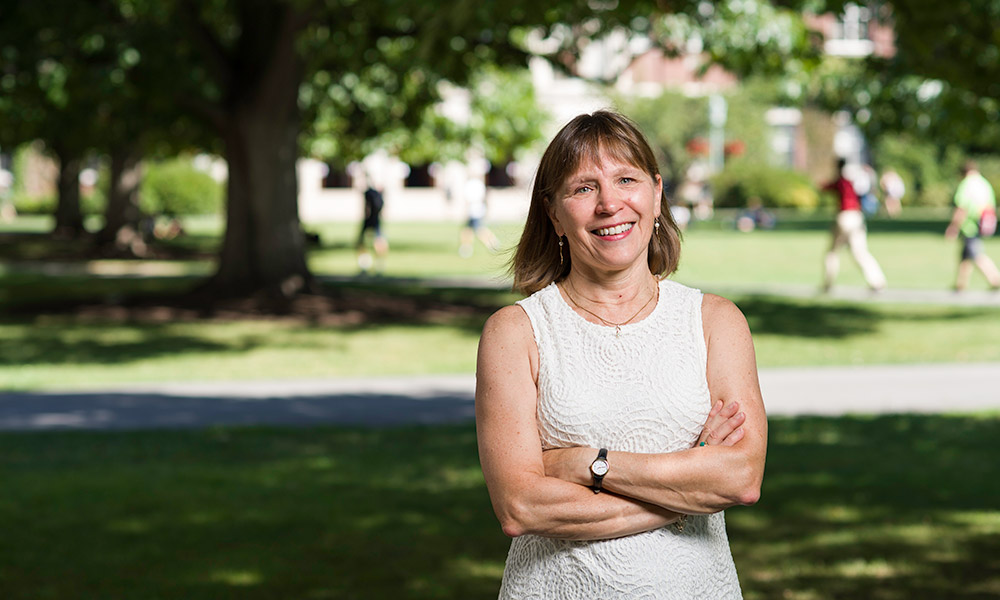
Society & Culture
‘Looking like the enemy’ examines WWII internment, current debates
October 19, 2016
An upcoming Humanities Project event reviews the experiences of the more than 120,000 people of Japanese ancestry who were forcibly removed from their homes and placed in remote relocation camps after the bombing of Pearl Harbor.









